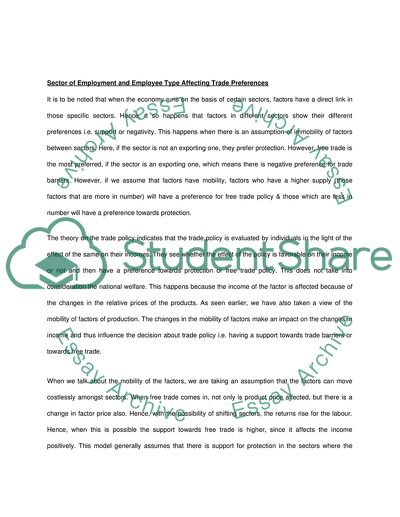Cite this document
(The Determinants of Trade Policy Preferences in the UK Essay, n.d.)
The Determinants of Trade Policy Preferences in the UK Essay. Retrieved from https://studentshare.org/marketing/1708582-scheve-and-slaughter-2001-examine-the-determinants-of-trade-policy-preferences-in-the-us-debate-whether-we-would-expect-these-results-to-hold-for-the-uk
The Determinants of Trade Policy Preferences in the UK Essay. Retrieved from https://studentshare.org/marketing/1708582-scheve-and-slaughter-2001-examine-the-determinants-of-trade-policy-preferences-in-the-us-debate-whether-we-would-expect-these-results-to-hold-for-the-uk
(The Determinants of Trade Policy Preferences in the UK Essay)
The Determinants of Trade Policy Preferences in the UK Essay. https://studentshare.org/marketing/1708582-scheve-and-slaughter-2001-examine-the-determinants-of-trade-policy-preferences-in-the-us-debate-whether-we-would-expect-these-results-to-hold-for-the-uk.
The Determinants of Trade Policy Preferences in the UK Essay. https://studentshare.org/marketing/1708582-scheve-and-slaughter-2001-examine-the-determinants-of-trade-policy-preferences-in-the-us-debate-whether-we-would-expect-these-results-to-hold-for-the-uk.
“The Determinants of Trade Policy Preferences in the UK Essay”, n.d. https://studentshare.org/marketing/1708582-scheve-and-slaughter-2001-examine-the-determinants-of-trade-policy-preferences-in-the-us-debate-whether-we-would-expect-these-results-to-hold-for-the-uk.


